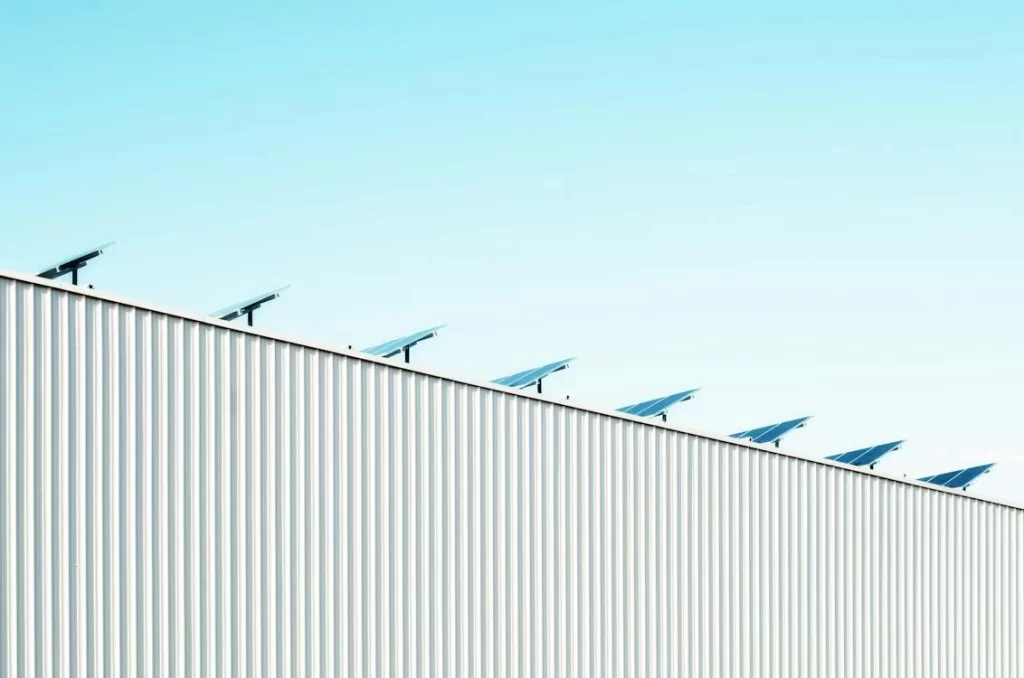The industrial sector has witnessed a remarkable transformation in recent years, particularly in the design and construction of its structures. Driven by technological advancements, environmental concerns, and evolving market demands, today’s industrial buildings are far from the utilitarian structures of the past. This article explores the latest trends and innovations shaping the design and construction of industrial structures.
Embracing New Materials
Advanced Composites and Sustainable Materials
One of the most significant shifts in industrial construction is the adoption of new materials. Advanced composites, known for their strength and lightweight properties, are increasingly replacing traditional materials like steel and concrete. Moreover, there’s a growing emphasis on sustainable materials, such as recycled steel, low-impact concrete, and sustainable timber, in response to the global push for environmental sustainability.
Smart Glass and Insulation Technologies
Innovations in building materials also extend to glass and insulation. Smart glass, capable of adjusting its transparency to control solar radiation, is revolutionizing how industrial buildings manage natural light and temperature. Similarly, advanced insulation materials are enhancing energy efficiency, crucial for large industrial spaces.
Revolutionary Building Techniques
Modular and Prefabricated Construction
Modular and prefabricated construction methods are gaining traction in industrial construction. By assembling sections of a building off-site and then transporting them to the construction site for final assembly, these methods offer significant time and cost savings. Additionally, they reduce on-site waste and environmental impact, aligning with sustainability goals.
3D Printing in Construction
3D printing is another groundbreaking technique making inroads in industrial construction. This technology allows for the rapid prototyping and construction of complex, customized structural components, opening up new possibilities in architectural design while offering cost and material efficiencies.
Cutting-edge Architectural Styles
Blending Functionality with Aesthetics
Gone are the days when industrial buildings were solely about functionality. Today, aesthetics play an increasingly important role. Architects are experimenting with bold, futuristic designs that reflect a company’s brand and ethos. This shift not only enhances the visual appeal of industrial areas but also contributes to a more dynamic and engaging work environment.
Incorporating Green Spaces
Another architectural trend is the integration of green spaces into industrial structures. This approach includes features like green roofs, living walls, and natural landscaping. Beyond aesthetic appeal, these green spaces contribute to biodiversity, improve air quality, and enhance the well-being of employees.
Emphasis on Flexibility and Scalability
Adaptable and Scalable Designs
As industries evolve at an unprecedented pace, flexibility and scalability have become crucial in industrial construction. Buildings are now designed to be easily adaptable to different uses and scalable to accommodate future expansion. This approach ensures that industrial structures can adapt to changing business needs without requiring extensive renovations.
Integration of Technology for Enhanced Functionality
Smart Industrial Facilities
The integration of smart technology is transforming industrial buildings into highly efficient and interconnected facilities. IoT (Internet of Things) sensors, automation systems, and AI-driven management systems are being used to monitor and optimize everything from energy consumption to production processes.
Conclusion
The innovations in industrial structure design and construction reflect a sector that is rapidly evolving to meet the challenges of the 21st century. From sustainability and efficiency to aesthetics and functionality, these advancements are not just reshaping industrial buildings but are also setting new standards for the construction industry as a whole. As we look to the future, it is clear that these innovations will continue to drive the development of industrial structures, making them more efficient, sustainable, and conducive to the needs of modern industry.





